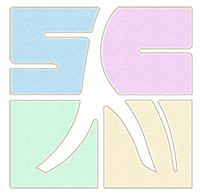
Abstract: Historiography, based on the pursuit of truth, relies on collection of materials and identification of authenticity. However, materials are forever limited as opposed to history. It is an eternal issue for historiographers to write limitless history based on the limited materials. In those cases of historical silences where no primary evidence remains, should historiographers keep silent for discretion and rigorousness or fill the gaps with imaginative speculation?
When writing the new historical narrative The End of the Chu Kingdom, I have made constructive supplements to the fill in the historical gaps by following Su Dongpo’s and Wang Shizhen’s methods. This paper aims at an in-depth exploration of the relation between literature and history and that between argument and narration with my own experience in the writing of The End of the Chu Kingdom.
Key words: Su Dongpo, Wang Shizhen, The End of the Chu Kingdom,the missing history, reasonable speculation, logic truth
Li Kaiyuan, born in Chengdu, Sichuan Province in China, graduated from Department of History, Peking University in 1982 and taught there as a faculty member. He pursued his study in Japan and obtained Ph. D in Literature at Tokyo University. He is now a professor of history at Department of Humanities of Shujitsu University. His research interest is ancient Chinese history. He is the author of The Establishment of the Han Empire and Group of Liu Bang: Studies on the Military Meritocracy (2000), The Collapse of the Qin Dynasty: from Qin Shihuang to Liu Bang (2010), The Fall of the Chu Kingdom: from Xiang Yu to Han Xin (2013).